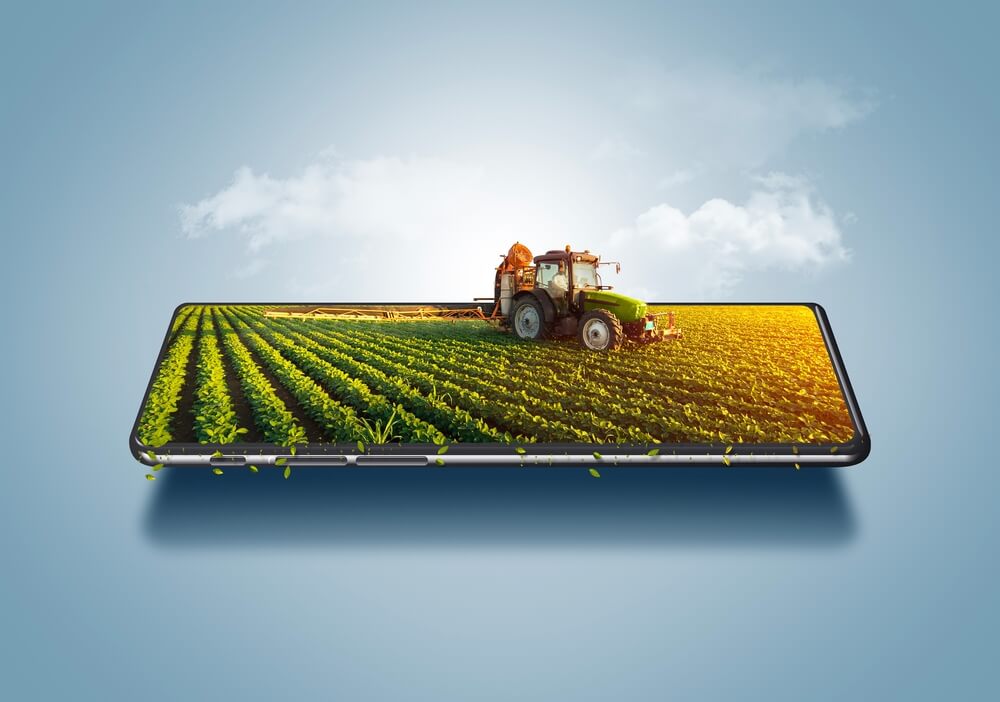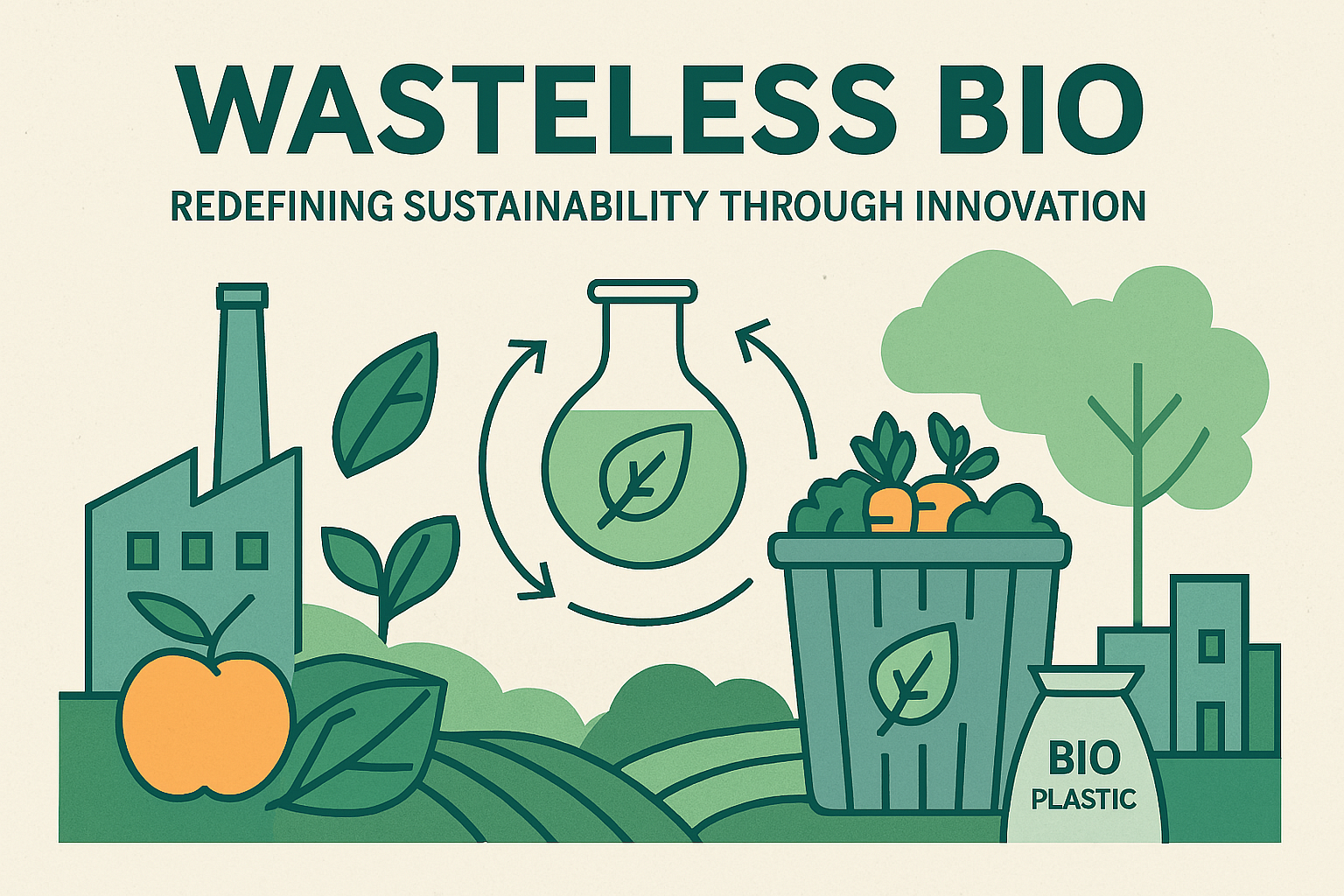Agriculture has never stood still. It’s an industry built on progress—from the earliest iron ploughs to the arrival of steam engines, and later, diesel-powered tractors that transformed the scale and speed of food production. Now, we’re in the middle of another transformation: the rise of smart farming. Precision agriculture, once reserved for large industrial farms with massive budgets, is now more accessible than ever, thanks to equipment brands like Massey Ferguson, whose technology-focused tractors are leading the way.
Smart farming isn’t just about flashy gadgets or high-tech add-ons—it’s a mindset shift. At its core, precision agriculture is about using data, automation, and connectivity to make farming more efficient, productive, and sustainable. For farmers managing tighter margins and facing climate unpredictability, these tools are not luxuries—they are necessities.
Massey Ferguson has recognised this shift and responded with an impressive suite of integrated technologies that bring precision agriculture to the hands of everyday operators. These tools are designed to work together, improving accuracy in the field while reducing input costs and labour intensity.
At the heart of the system is Massey Ferguson’s approach to precision guidance. GPS-enabled steering allows the tractor to move along precise, pre-determined paths with minimal overlap or missed spots. The accuracy, often within a few centimetres, ensures that every pass of the tractor counts. Whether applying fertiliser, sowing seed, or spraying herbicides, this level of control drastically reduces waste and environmental impact while maximising crop yields.
Guidance systems also alleviate one of the most common challenges in the field: operator fatigue. By automating steering and maintaining consistent rows, these systems reduce the mental strain of long hours behind the wheel. What was once a tedious, repetitive task becomes streamlined, freeing up the operator to monitor equipment performance or focus on other decision-making tasks.
But precision isn’t limited to movement—it extends to application rates, timing, and location. Variable Rate Technology (VRT) is another key feature in Massey Ferguson’s smart farming toolbox. VRT allows for the precise adjustment of inputs such as fertiliser, water, or pesticides based on real-time data. With soil variability across fields being a constant challenge, VRT tailors treatment to the exact needs of each zone. This not only saves resources but promotes healthier crops and better long-term soil management.
Farmers can also integrate sensors to monitor crop health, soil moisture, and nutrient levels. Some of these systems use infrared and multispectral imaging to detect early signs of plant stress or disease, even before they’re visible to the naked eye. This means farmers can act proactively, rather than reactively—an approach that saves time, improves crop outcomes, and reduces chemical usage.
All of this data flows into onboard terminals and cloud-connected software platforms. Here, operators and managers can access detailed maps, performance logs, and maintenance alerts. The ability to analyse past seasons and adjust strategies based on hard data changes how decisions are made. Over time, the farm becomes more of an ecosystem—each action, each field pass, guided by insight rather than instinct alone.
One of the defining advantages of Massey Ferguson’s approach is that it doesn’t just cater to massive farming enterprises. These tools are scalable and user-friendly, designed with real-world conditions and practical operators in mind. Many tractors come with plug-and-play compatibility, making upgrades and add-ons simple and cost-effective. Even mid-size and small farms can benefit from entry-level precision packages that lay the foundation for gradual technological integration.
Of course, as with all complex systems, smart farming relies on maintenance and compatibility. Ensuring that sensors, guidance units, and electronic control modules function properly over time requires dependable support and access to genuine parts. That’s where Masseyparts plays a vital role. By offering a wide range of original components for Massey Ferguson’s precision tools, Masseyparts ensures that farmers can repair or replace parts quickly and confidently, without compromising system accuracy or efficiency.
Maintenance of these systems isn’t just about replacing worn hardware—it’s about preserving the delicate balance between software updates, calibration, and mechanical performance. A single faulty sensor or outdated firmware can throw off an entire season’s worth of planning. Reliable suppliers who understand the intricacies of these technologies are essential for any farmer adopting smart practices.
Incorporating precision ag tools also marks a significant step toward sustainable farming. By reducing inputs and enhancing output, smart tools help minimise the environmental footprint of modern agriculture. Less fertiliser runoff, fewer passes across the field, and more targeted pest control all contribute to better stewardship of land and resources.
Another compelling aspect of smart farming is the way it enables future planning. With performance data from previous seasons, farmers can model different scenarios and fine-tune their approach based on expected conditions. Whether it’s adjusting planting depth based on moisture history or preparing field rotations based on nutrient depletion, these insights turn guesswork into strategy.
For younger farmers entering the profession, these technologies are not just exciting—they’re expected. The ability to sync a tractor’s performance with a smartphone or review yield maps on a tablet from the comfort of the cab reflects the next generation’s approach to farming. It’s also helping to bridge the gap between generations, as tech-savvy operators bring fresh ideas to traditional practices.
In essence, Massey Ferguson has redefined what it means to be in the driver’s seat. It’s no longer just about horsepower or hydraulic capacity, but about intelligence, adaptability, and foresight. Today’s tractor is more than a machine—it’s a mobile command centre, offering live feedback, predictive maintenance, and control over every aspect of field management.
The beauty of precision farming lies in its balance between complexity and usability. While the systems behind the scenes are sophisticated, the user experience remains intuitive. That’s the genius of well-designed smart tools—they make complexity simple, giving farmers the ability to act quickly, efficiently, and with confidence.
As the global demand for food continues to rise and farming conditions become more unpredictable, adopting precision technologies isn’t just forward-thinking—it’s essential. Massey Ferguson’s smart tools offer a clear pathway for farmers of all sizes to improve productivity while reducing costs and environmental impact.
Smart farming is no longer an idea of the future. It’s here, now, guiding every turn of the wheel, every drop of water, every seed in the soil. And with the right tools, support, and mindset, farmers are better equipped than ever to meet the challenge—and opportunity—of modern agriculture.















